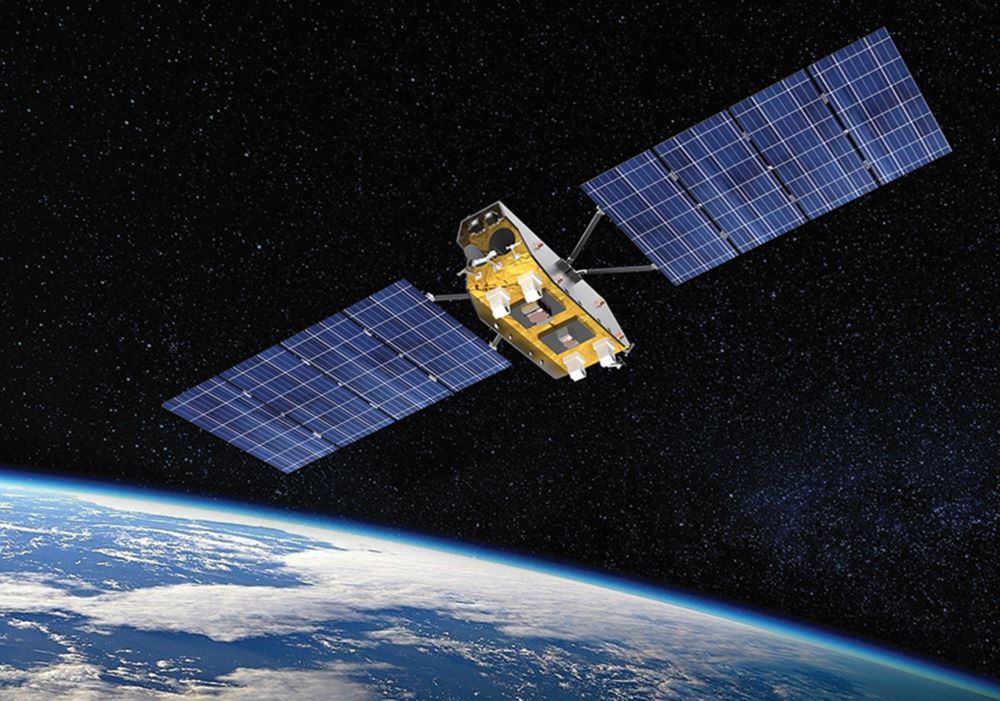TAMPA, Fla. — Canada is ready to put in 50% more money than originally planned to support Telesat, the leading satellite operator, in funding its Lightspeed low Earth orbit (LEO) broadband constellation.
Telesat announced that it got a letter from the Canadian government last week, which outlined the terms for a loan of 2.14 billion Canadian dollars ($1.6 billion) for Lightspeed, which is almost half of the $3.5 billion budget for the 198-satellite network.
The terms also involve an exchange of warrants that allow the government to purchase 10% of Lightspeed for $300 million, valuing the constellation at $3 billion before satellite deployments start in 2026 using SpaceX.
The new deal replaces a preliminary investment agreement of 1.44 billion Canadian dollars that was reached in August 2021, which consisted of a 790 million Canadian dollar loan and 650 million Canadian dollars in preferred equity upfront.
Under the new terms, the loan would have a floating interest rate of 4.75% above the Canadian Overnight Repo Rate Average (CORRA), in contrast to a fixed rate of 2% per year in the previous plan. Telesat would also have 15 years to repay the loan, instead of the initial 20 years.
On April 1, Telesat stated that the proposed investment is still subject to various conditions, including final documentation, and the government's satisfaction with other financing sources for the satellites that Canada-based MDA is constructing.
The agreement comes after Telesat changed manufacturers in August due to production delays at Europe’s Thales Alenia Space.
The satellites made by MDA are 75% smaller at 750 kilograms but guarantee the same performance, helping the operator reduce Lightspeed’s original budget by $2 billion.
Telesat CEO Dan Goldberg mentioned on April 1 that the government investment will also allow the company to save $750 million in borrowing costs.
Stephen Hampton, Telesat’s senior director for government affairs and public policy, stated that export credit agencies (ECAs) in Canada and France were previously planning to lend the company about $3 billion in total for Lightspeed, in addition to Canadian federal and provincial financing commitments.
The increased support from the Canadian government essentially replaces the investment needed from Canada’s ECA, while the lower cost of the constellation means that Telesat no longer requires financing from France.
“The [government of Canada] is willing to do this in part because, by working with MDA, we’re making a much more significant investment in Canada and having so much more of a positive impact on the Canadian space ecosystem compared to the previous approach we were taking,” Hampton told SpaceNews via email.
He mentioned that the operator still plans to cover around $1.6 billion of Lightspeed’s costs through Telesat equity, and added that there are ongoing discussions with provincial government partners about investing in the constellation.
Telesat recently reported 704 million Canadian dollars in revenue for 2023, representing a 9% decrease compared to the previous year when adjusted for changes in foreign exchange rates.
During an earnings call with investors on March 28, Goldberg pointed out a industry-wide decline in satellite TV that he expects will continue to reduce revenues in 2024.
He said Telesat is also getting ready for more competition in the business connectivity market, especially in maritime, from SpaceX’s Starlink LEO broadband constellation.
“The main reason for lost revenue in the business segment is the shift of customer needs from [geostationary orbit] to LEO — specifically to Starlink as they are the first in the market,” Goldberg said.
“Business customers want inexpensive, low-delay broadband connectivity, which we’ve been discussing for quite some time. The move to LEO is happening a little faster than even we expected. Although we don’t like to see Starlink replace some of our GEO customer needs, it’s a strong confirmation of the market's acceptance of LEO and the convincing direction that we’re on with Telesat Lightspeed.”
Telesat expects to report between 545 million and 565 million Canadian dollars in revenue for 2024.
Adjusted EBITDA — or earnings before interest, taxes, depreciation, and amortization — was at 534 million Canadian dollars for 2023, down 8% year-on-year.
As Lightspeed expenses increase this year, Telesat is projecting between 340 million and 360 million Canadian dollars in adjusted EBITDA for 2024.









